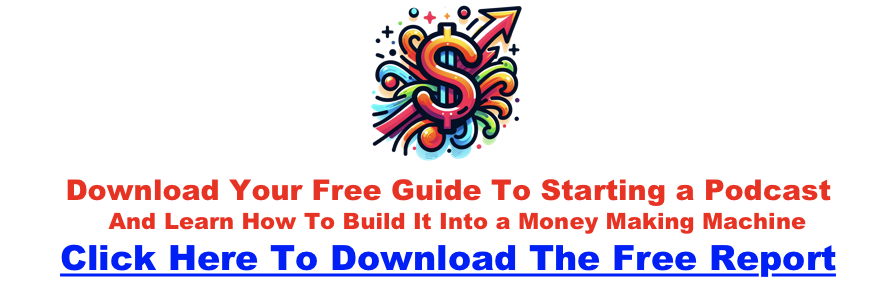Why Are They Called Podcasts?
In today’s digital age, podcasts have become indispensable for storytelling, education, entertainment, and journalism. With their roots deeply embedded in the evolution of digital media, podcasts offer a unique blend of accessibility and intimacy, connecting creators and listeners across the globe. But have you ever wondered why podcasts are called “podcasts”? Let’s embark on a detailed exploration of the term’s origin, the early developments leading to podcast creation, and their transformative impact on media consumption.
The Etymology of “Podcast”
The term “podcast” is a portmanteau, blending “iPod” and “broadcast.” Journalist Ben Hammersley first coined it in a 2004 article for The Guardian amidst a discussion about the burgeoning trend of no-name radio broadcasts over the internet. The iPod, Apple’s revolutionary portable media player, played a pivotal role in the naming, although podcasts are not limited to iPods or Apple products. The essence of broadcasting, with its connotations of wide-reaching distribution, combined with the personal and portable nature of the iPod, encapsulates the spirit of podcasting perfectly.
Early Developments in Podcasting
Before the term “podcast” existed, the digital landscape was already setting the stage for this new medium. Digital audio and internet radio innovations in the late 1990s and early 2000s provided the technical foundation for podcasting. Notably, Adam Curry, a former MTV VJ, and Dave Winer, a software developer, were instrumental in developing the technology that made podcasts possible. They created a program that allowed audio content to be automatically downloaded and synced with portable devices. It marked a significant leap from traditional broadcast models to a more personalized, on-demand form of media consumption.
The First Podcast
While downloadable audio content was not entirely new, the first use of RSS feeds to distribute serialized audio content marked the birth of podcasting as we know it. Dave Winer and Christopher Lydon are credited with creating the first podcast, a series of interviews with bloggers, journalists, and other figures discussing various topics. This innovation enabled the automatic distribution and syndication of digital audio content, laying the groundwork for the podcasting revolution.
Podcasting’s Rise to Popularity
The integration of podcasting into iTunes in 2005 was a watershed moment for the medium. This move by Apple not only simplified the process of finding, subscribing to, and downloading podcasts but also significantly amplified the medium’s visibility and accessibility, contributing to its exponential growth in popularity. Apple’s endorsement of podcasting cemented its status as a mainstream form of digital media.
The Evolution of Podcasting
Since its inception, podcasting has evolved remarkably, diversifying into various genres and formats. From its early days of tech-focused content and personal diaries, podcasting has expanded to encompass true crime, education, comedy, politics, and more, catering to a broad spectrum of interests and audiences. This evolution reflects the medium’s flexibility and ability to adapt to changing listener preferences and technological advancements.
The Cultural Impact of Podcasts
Podcasts have significantly impacted various aspects of culture and society. In journalism, podcasts like “Serial” have demonstrated the medium’s capacity for in-depth storytelling and investigative reporting, captivating broad audiences and sparking conversations. In education, podcasts serve as a valuable resource for learning and professional development, making knowledge more accessible and engaging. Entertainment-wise, podcasts provide a platform for creators to experiment with new forms of storytelling, often leading to developing communities around niche interests.
The Future of Podcasting
The podcasting landscape is poised for further innovation as we look towards the future. Emerging techs such as artificial intelligence, augmented reality, and enhanced interactivity promise to redefine the podcasting experience, making it more immersive and personalized. The evolution of podcast monetization models and content discovery platforms will also shape the medium’s future, ensuring its continued growth and relevance in the digital media ecosystem.
Conclusion
The journey of podcasts from a curiosity to a central component of digital culture underscores the medium’s adaptability and enduring appeal. From its etymological roots to its cultural significance, podcasting has completely transformed how we consume media, offering a personal, flexible, and engaging alternative to traditional forms of broadcast. As podcasting continues to evolve, it remains a testament to the power of digital innovation in shaping new forms of communication and connection.
- Best Podcast Cameras in 2026: Creator Picks for Every Budget
- Yamaha MGX Series for Podcasting: The Practical Guide (MGX12 vs MGX16 vs MGX-V)
- What Is Streamyard, This Weird Tool That Helps You Run a Professional Live Show
- What the “Async” Rebrand Actually Means for Your Old Podcast Files
- Why Serious Podcasters Are Moving to 10GbE NAS
